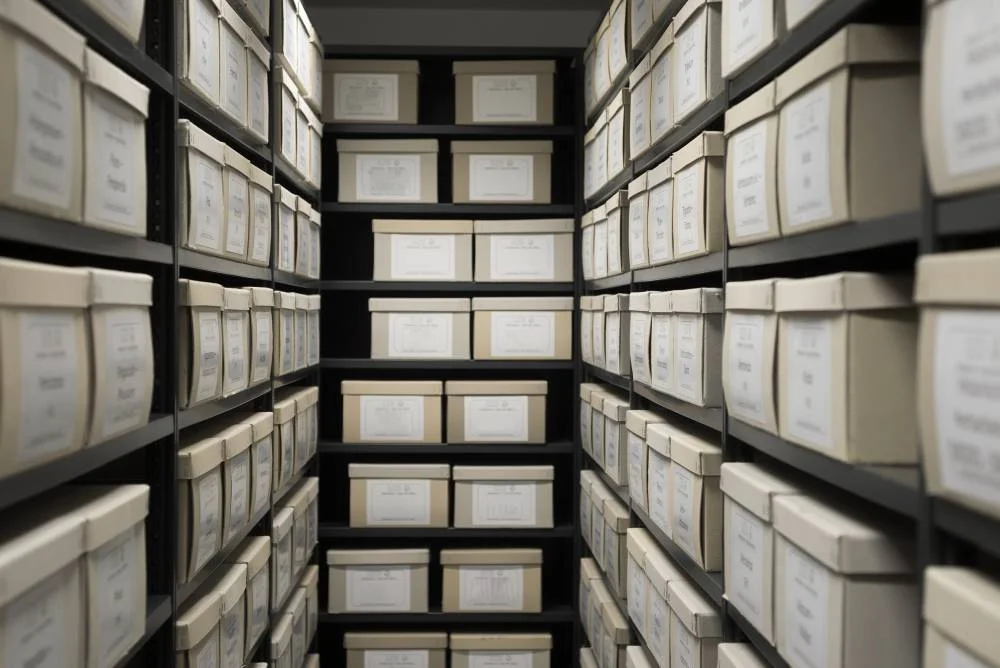There isn’t a single crime called “evidence tampering” in South Carolina, but there are several crimes that can be charged when someone interferes with the evidence, witnesses, or officials involved in a court case.
Depending on the circumstances, a person could be charged with:
- Obstruction of justice for tampering with evidence, destroying evidence, or tampering with witnesses,
- Influencing a juror for attempting to influence a juror or a prospective juror in a court case,
- Misprision of a felony for destroying evidence or lying to law enforcement about a felony that has been committed,
- Accessory after the fact for harboring a felon, assisting a felon, or helping to destroy or conceal evidence after a felony has been committed or
- Destruction or altering of evidence required by law to be preserved post-conviction.
Evidence Tampering in SC – Pre-Conviction
A person accused of tampering with evidence could be charged with obstruction of justice, juror tampering, misprision of a felony, or accessory after the fact to a felony, depending on the facts of their case.
Although misprision of a felony and accessory after the fact to a felony deal exclusively with criminal proceedings, obstruction of justice or jury tampering could result from evidence tampering in a civil proceeding as well and could include:
- Criminal trials,
- Civil trials,
- Administrative proceedings or
- Appellate proceedings.
Obstruction of Justice
Obstruction of justice, found in SC Code § 16-9-340, covers:
- The intimidation of court officials, including the intimidation of “a judge, magistrate, juror, witness, or potential juror or witness, arbiter, commissioner, or member of any commission of this State or any other official of any court, in the discharge of his duty…,”
- Evidence tampering or destruction, or
- Any effort to “obstruct or impede the administration of justice in any court.”
Obstruction of justice is the most common charge when a person is accused of tampering with evidence or destroying evidence in South Carolina.
For example, if a person is charged with internet crimes, and law enforcement can prove that they 1) destroyed their computer’s hard drive and 2) the hard drive contained evidence of the crime before police arrived with a search warrant, the person may also be charged with obstruction of justice.
Obstruction of justice is a felony that carries up to ten years in prison if convicted.
Jury Tampering
Jury tampering is obstruction of justice, but it could also be charged under SC Code § 16-9-350, “attempting to influence juror.”
Jury tampering covers any attempt to influence a juror – whether it is a grand juror or a trial juror and whether they are on a jury or a potential juror that has not yet been seated – through any written or oral communication, whether it is communicated personally or through a third party.
Unlike obstruction of justice, jury tampering is a misdemeanor offense that carries no more than six months in prison if convicted.
Misprision of a Felony
Misprision of a felony is a common-law offense defined by the appellate courts and not found in an SC statute.
Misprision is the deliberate concealment of a person’s knowledge that a felony has been committed – usually, this means destroying evidence, evidence tampering, or lying to law enforcement about the crime.
For example, two men were charged with misprision of a felony in federal court when they were accused of concealing heroin and cocaine distribution by dumping the body of an overdose victim in the woods.
Accessory After the Fact
Accessory after the fact to a felony is another common-law offense that covers the destruction of evidence or harboring of a felon to help them escape detection or arrest.
Under SC Code § 16-1-55, the punishment for a person convicted of accessory after the fact is:
- “The classification below the punishment provided for the principal offense” (i.e. if the principal offense is a Class D felony, the punishment for accessory after the fact is the same as that for a Class E felony, or
- “If the principal offense is a Class A, Class B, or Class C felony or murder, the penalty must be as prescribed for a Class D felony.”
Evidence Tampering in SC – Post-Conviction
What about after trial? When the court case is over, are there any charges for tampering with evidence?
The SC Preservation of Evidence Act requires the State to preserve “physical evidence and biological material” following trial for certain specified offenses including murder, sexual assault, burglary, or armed robbery.
The “willful destruction” of evidence that is required to be preserved under this law is a misdemeanor punishable by up to one year in prison. But who would be charged under this statute?
When evidence is held in the possession of the state (law enforcement), and is wrongfully destroyed by the state (law enforcement), is the state (law enforcement) going to be arrested by the state (law enforcement)? Prosecuted by the state (law enforcement with law degrees)? Judged by the state (judges who see themselves as law enforcement)?
Questions About Evidence Tampering Charges in SC?
If you have been charged with evidence tampering, misprision of a felony, obstruction of justice, or accessory after the fact to a crime, get help from an experienced South Carolina criminal defense lawyer immediately – before you contact the police, clerk of court, or prosecutor’s office.
Call 843-761-3840 or use this form to contact us today to discuss your case and start working towards the best possible outcome for you.
Ready To Speak With An Attorney?
Let’s discuss the details of your case and see if we can help.

